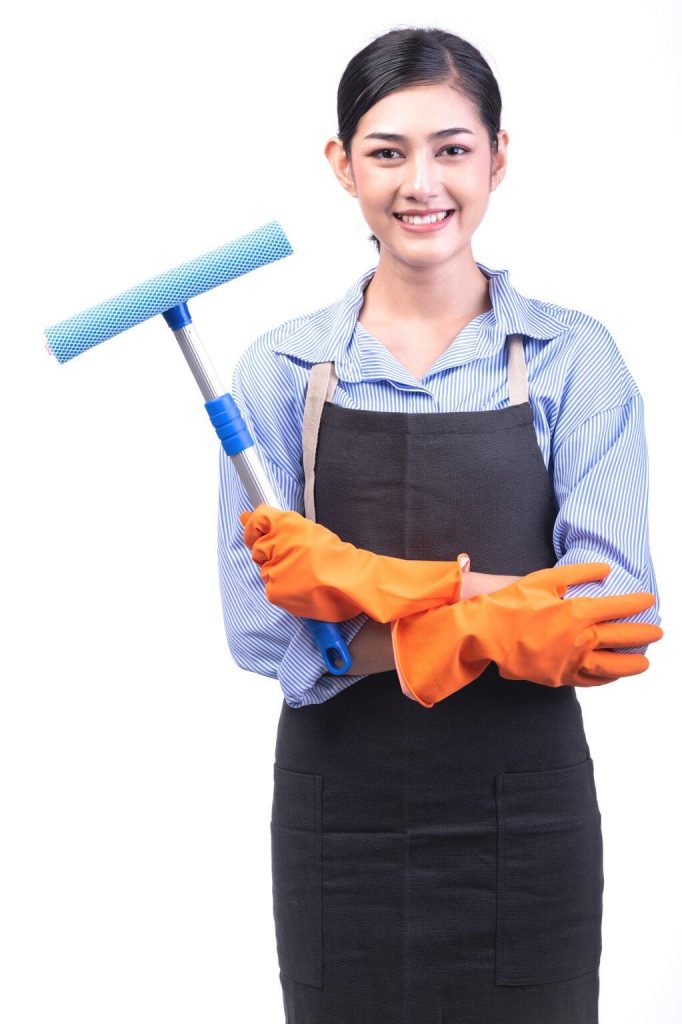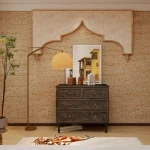Keeping an apartment clean and well-maintained is one of the most important jobs a landlord has. It helps keep tenants happy, protects your property from damage, and even saves money in the long run.
When hygiene is a top priority, tenants are more likely to take care of the unit, stay longer, and recommend your property to others. This landlord’s guide will walk you through simple, effective ways to keep your rental units clean, safe, and in great shape all year round. Read on.
Start with a Clean Slate: Deep Clean Between Tenants
One of the most critical moments for hygiene management is the turnover period between tenants. Each time a tenant vacates, perform or arrange a comprehensive deep cleaning of the unit.
This deep clean should include cleaning or replacing the carpets depending on their condition, sanitizing the kitchen and bathrooms-including grout, faucets, and the insides of cabinets-and cleaning out HVAC vents and filters. It also includes washing windows and checking the seals, and disinfecting all common touchpoints like:
- light switches
- doorknobs
- thermostats
Hiring professional apartment building cleaning services ensures nothing is overlooked and gives incoming tenants peace of mind that the unit is safe and sanitary.
Establish Hygiene Standards in the Lease Agreement
Your lease is the first tool you have for setting hygiene expectations. Be clear about tenant responsibilities and define what constitutes acceptable cleanliness.
Outline routine cleaning obligations, such as keeping floors, bathrooms, and kitchens clean. Include pest prevention measures, like proper food storage and timely trash disposal.
Clearly state any prohibited behaviors, including hoarding or neglecting pet waste, and require tenants to cooperate during inspections or maintenance visits. Setting these expectations early reduces the chance of disputes and allows you to enforce cleanliness standards legally if necessary.
Schedule Regular Maintenance Inspections
Regular inspections help detect maintenance issues early and give you a chance to assess the unit’s cleanliness. Aim to conduct inspections at least annually, but ideally every three to six months.
Use these inspections to spot signs of mold, leaks, or infestations, ensure HVAC systems are functioning and filters are clean, observe tenant cleaning habits and intervene if necessary, and identify unauthorized pets or occupants.
Always provide the proper notice required by local laws. Also, present inspections as beneficial for both tenant comfort and the upkeep of the property.
Invest in Durable, Easy-to-Clean Materials
When upgrading or remodeling a unit, choose materials that resist grime and are easy to sanitize. Opt for vinyl or tile flooring instead of carpet, as these are easier to clean and more resistant to wear. Choose quartz or other solid-surface countertops that resist stains, and use glossy or satin paint finishes.
These are easier to wipe down than flat paint. Stainless steel appliances are not only more hygienic but also easier to maintain over time. These materials promote better hygiene and reduce your long-term maintenance costs.
Ensure Proper Ventilation and Moisture Control
Mold and mildew are common hygiene-related problems in rental properties. Preventing them is much easier than dealing with the consequences later.
Make sure each apartment has functional exhaust fans in the kitchen and bathroom, and consider using dehumidifiers in basements or particularly humid regions. Ensure windows are well-sealed to prevent leaks but still allow for airflow, and regularly inspect roofing and plumbing systems for leaks.
Encourage tenants to report any signs of moisture immediately by offering a simple and accessible maintenance request system. This is either online or via a mobile app.
Offer or Require Professional Pest Control
Even tenants who keep their units clean can experience pest issues, especially in multifamily properties. To maintain hygiene across all units, schedule routine professional pest control treatments for common areas and offer quarterly treatments to tenants.
In high-risk properties-such as those with shared walls or aging infrastructure-it may be wise to include pest control in the rent. When pest control is managed for them, tenants are more likely to cooperate with treatments and follow preventative guidelines.
Educate and Empower Tenants
Not all cleanliness issues stem from neglect-sometimes tenants simply don’t know what’s expected. Provide new tenants with a welcome packet that includes essential information such as:
- daily, weekly, and monthly cleaning checklists
- trash and recycling schedules
- contact information for maintenance requests
- instructions for proper appliance use
- tips for preventing pests and mold
Consider supplementing this information with short video tutorials or links to helpful online resources. When tenants understand what’s expected and how to care for the property, they’re more likely to do so.
Maintain Common Areas Diligently
If your property includes shared spaces like hallways, stairwells, laundry rooms, or building entrances, keeping these areas clean is essential. These spaces reflect your overall commitment to hygiene and can influence whether tenants choose to stay.
Hire a professional cleaning service to regularly:
- disinfect high-touch surfaces
- sweep and mop floors
- address any odors
- manage trash removal
If you provide cleaning supplies or hand sanitizer in shared areas, be sure to keep them restocked.
Create a Reporting System for Cleanliness Issues
Encourage tenants to report hygiene-related concerns as soon as they notice them. These could include:
- foul odors
- overflowing dumpsters
- pest sightings
- unsanitary conditions in common areas
Offer a dedicated email address or online portal for submitting maintenance and hygiene issues, and allow tenants to upload photos or descriptions. Let them know they can expect a quick and respectful response. This kind of system builds trust and helps you catch small problems before they become major issues or health code violations.
Stay Updated with Local Health and Safety Codes
Many municipalities have health and safety regulations related to rental property hygiene, covering issues like mold remediation, pest control, and garbage disposal. Staying compliant helps you avoid:
- fines
- legal trouble
- tenant complaints
Schedule an annual review of relevant housing codes and work with a property management company or legal advisor if necessary. Joining local landlord associations is another great way to stay ahead of new regulations and best practices.
Landlord’s Guide: Start Maintaining Your Rental Property Today
Clean apartments lead to happy tenants-and happy tenants are more likely to renew their leases and treat your property with care. By setting clear expectations, doing regular inspections, and responding quickly to problems, you can keep your rentals in top condition.
A clean, well-cared-for property doesn’t just look better. It works better, lasts longer, and gives everyone peace of mind. Good hygiene is good business.
If you want to read more articles, visit our blog.







